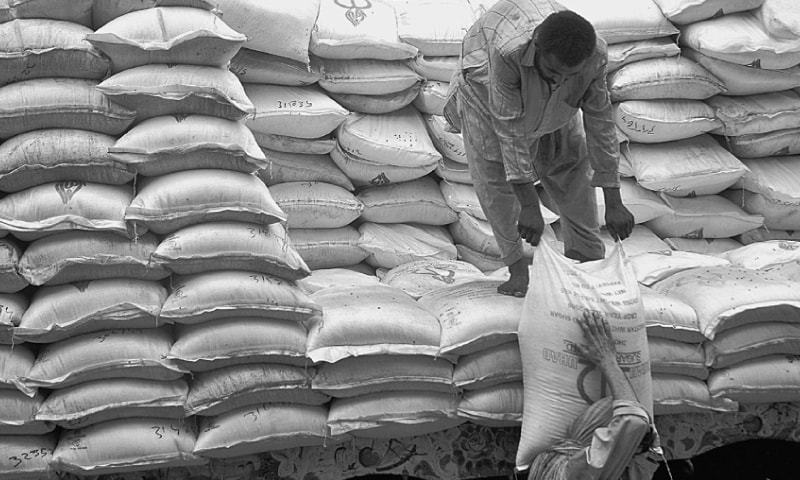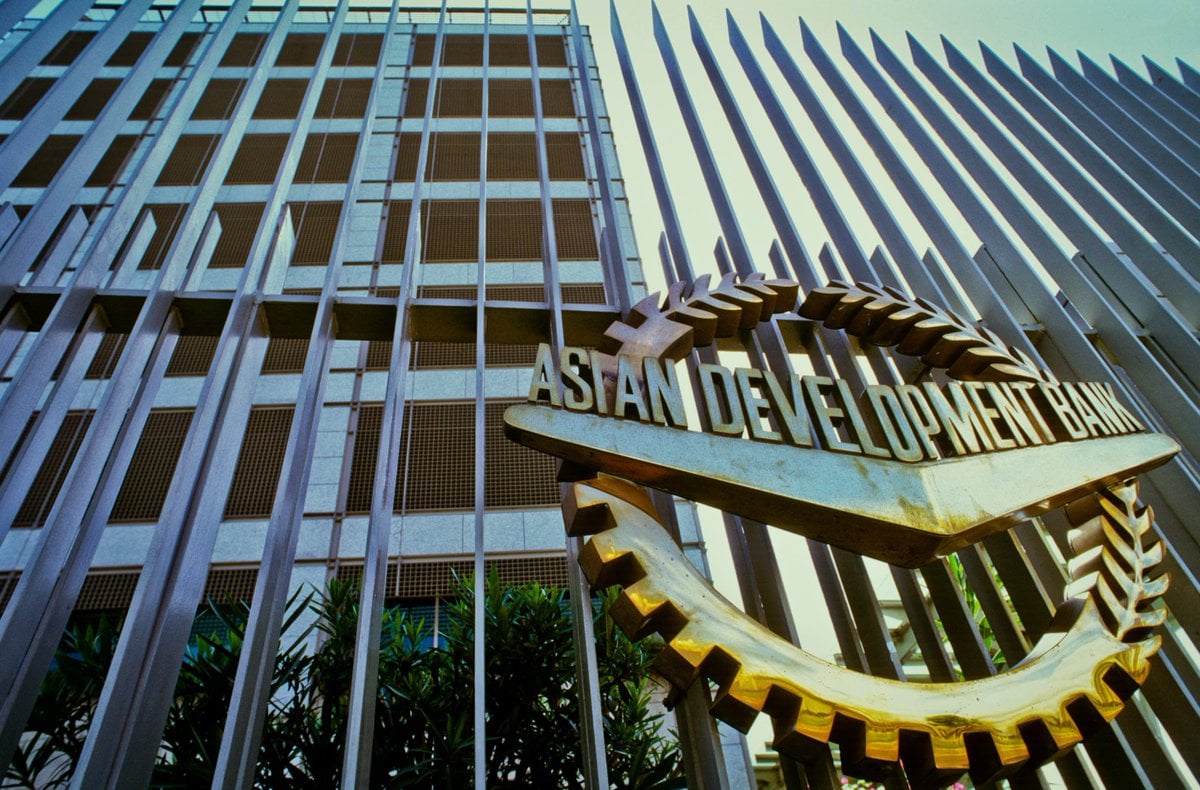The Public Accounts Committee (PAC) has renewed its demand for a complete record of sugar mill owners and exporters, as Pakistan witnesses a sharp surge in sugar prices nationwide. The decision was made during a high-level PAC meeting chaired by Junaid Akbar, where members expressed serious concern over rising prices and suspected market manipulation.
Sugar prices in the retail market have skyrocketed, with Karachi reporting rates of Rs 210 per kilogram and Haripur reaching Rs 215 per kg. The average national price now stands at Rs 173 per kg, raising alarm bells across government and consumer circles.
During the meeting, officials from the Ministry of Industries were hesitant to share the names of sugar mill owners and their board of directors. This lack of transparency prompted PAC Chairman Junaid Akbar to issue a stern directive, demanding full disclosure. He warned that failure to submit the list promptly would result in a privilege motion being moved against the ministry.
Lawmakers questioned the secrecy surrounding sugar mills and their operations, especially in light of the current price surge. The committee emphasized the importance of accountability, transparency, and timely data in preventing market distortions.
Adding fuel to the fire, the Secretary for Food Security came under sharp criticism for allegedly presenting inaccurate data concerning sugar production, exports, and local pricing trends. Members of the committee voiced concern over a disconnect between official figures and ground realities, accusing the ministry of misreporting or concealing crucial details.
According to the Ministry of Industries’ data, 5.09 million metric tons of sugar were approved for export over the past decade. However, only 3.927 million metric tons were actually exported, bringing in over $400 million in foreign exchange earnings. These inconsistencies have raised questions about the motive behind the approvals and the actual beneficiaries of the export policies.
Last year, Pakistan produced 7.66 million metric tons of sugar, including a surplus of 1.3 million metric tons, according to official figures. Out of this, the government reserved 500,000 metric tons for future use and allowed the export of 790,000 tons in three phases.
The export approvals were granted when the domestic sugar price was Rs 143 per kg. However, within months, the price has soared to Rs 173 per kg, sparking accusations of artificial shortages, hoarding, and price manipulation. Legislators labeled this export-import cycle a “decade-long deception”, allowing certain vested interests to profit at the expense of the public.
PAC members Riaz Fatyana and Muhammad Arshad alleged that the sugar crisis has defrauded the nation of at least Rs 287 billion. They claimed this financial damage stems from deliberate stock manipulation and inflated pricing, tactics that have repeatedly hurt ordinary citizens.
They also criticized the repeated use of SROs (Statutory Regulatory Orders) that provided tax exemptions to sugar mills during export phases. Junaid Akbar questioned the rationale behind awarding export subsidies and sought an explanation for the timing and frequency of these SROs.
In a scathing critique, MNA Moin Pirzada accused the government of “looting the nation” and held the Sugar Advisory Board responsible for enabling systemic corruption. He described the sugar mafia as being “deeply embedded within the government”, echoing public sentiments of collusion between officials and industry stakeholders.
The PAC was informed that the Prime Minister has taken note of the situation and formed a committee led by Deputy Prime Minister Ishaq Dar to probe the crisis. The formation of this committee is viewed as an attempt to uncover the real causes behind price instability, questionable exports, and possible misuse of authority.
Public frustration continues to grow as consumers struggle to purchase sugar at affordable rates. The alleged manipulation by sugar barons, along with government inaction, has triggered calls for reforms in the way sugar exports, pricing, and subsidies are managed.
Political pressure is mounting, as opposition parties are likely to use the crisis as a talking point against the current administration. The PAC’s demand for transparency and accountability could mark the beginning of deeper probes into Pakistan’s flawed agricultural and industrial policy frameworks.




